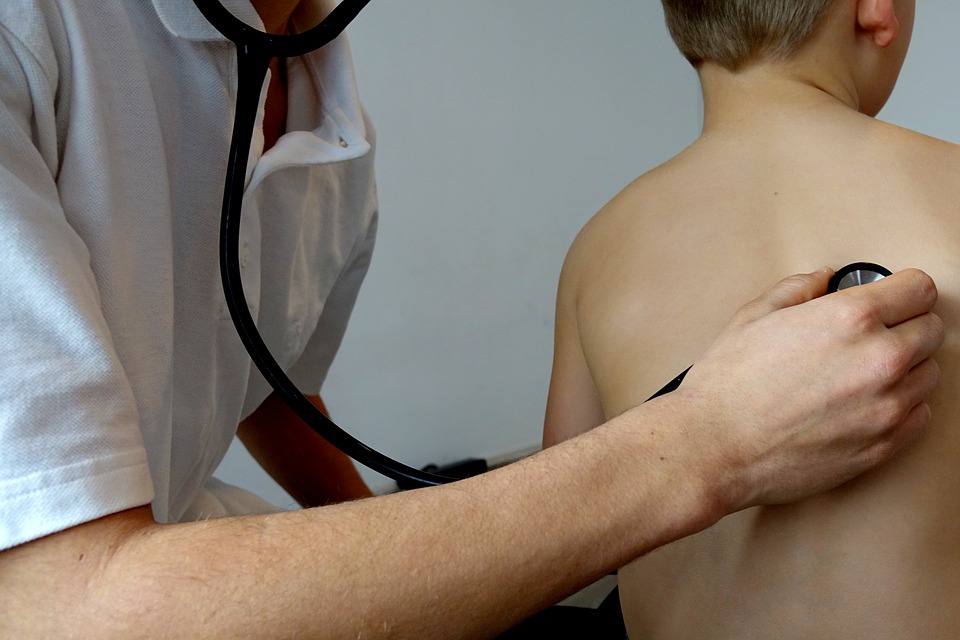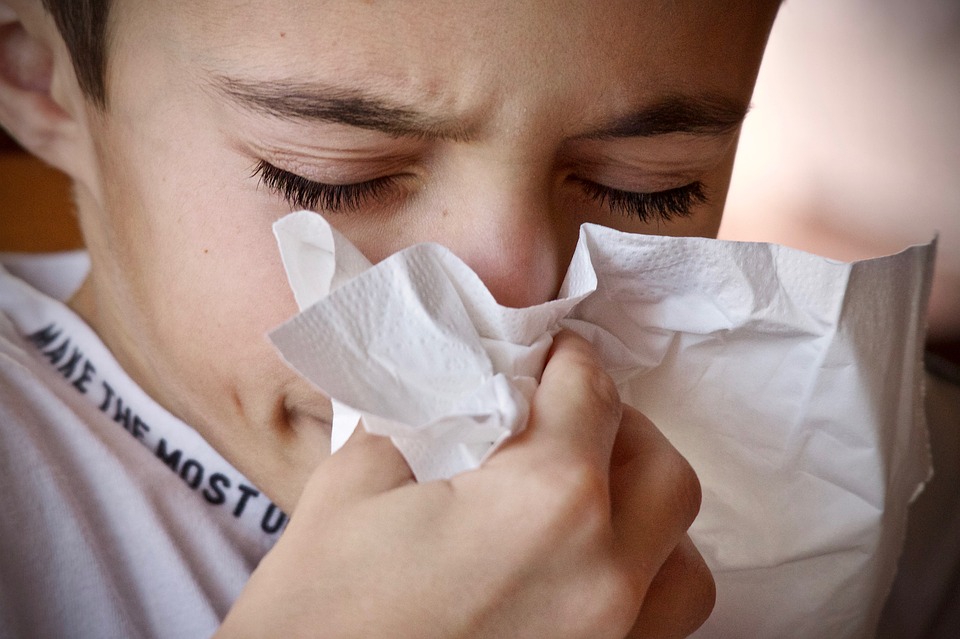A kid’s cough is oftentimes a concern to his or her parents. Most coughs in children are negligible and don’t require any treatment. Nevertheless, there are some that may need a trip to the doctor or even the emergency room, from the cough that does not seem to ever go away to one accompanied by barking or wheezing and others. A lot of doctors recommend parents to particularly pay attention to their kid’s cough that might happen at night, during allergy season, and after exercise.
If any of these types of coughs seem to describe what your child is experiencing, it’s high time to get a medical evaluation, especially if symptoms are lasting longer than 10 days.

Frequent and Persistent Cough
If your kid’s cough is more and more frequent—more than every five minutes—for more than two hours, call the doctor immediately. This could be triggered off by irritation from mucus in the throat or persistent cough could also be an indication of breathing troubles.
A child who has recurrent persistent coughs should be seen by the family pediatrician to see if he or she might have asthma and could be cured through breathing treatments with a nebulizer or an inhaler.
What May Be Behind Your Kid’s Cough
Short and Fast Cough (With a “Whooping” Sound)
Pertussis, otherwise known as whooping cough, is a serious infection that can sometimes be fatal in infants. It is often accompanied by a fast cough and a “whoop” sound when taking a breath. Whooping cough can affect anyone, but it is most life-threatening for children younger than one-year-old.
Bear in mind that that mild cases of pertussis often aren’t always accompanied by whooping cough, particularly in adults who spread the sickness to vulnerable individuals like infants. Infants with pertussis don’t always have a cough and may just present with cyanosis and apnea.
The best way to ward off whooping cough is with the pertussis vaccine. It is typically given as a combination vaccination that also includes protection against two other serious bacterial diseases, tetanus and diphtheria. The combination vaccine can be administered starting at 2 months old and adults should also get a booster, particularly if they have young kids at home or are pregnant.

What You Need to Know About Whooping Cough
Productive Cough
A cough caused by mucus is usually deemed as “productive,” as is the case with the common cold. Then again, if your child has persistent green or yellow mucus with sneezing, coughing, and/or blowing their nose, pay the pediatrician a visit to know if he or she has developed a respiratory or sinus infection.
Help for a Productive Cough
Dry Nighttime Cough
If your kid’s cough is persistent and gets worse at night, call the pediatrician. It is possible your child could have asthma, a lingering condition where the airways of the lungs to become narrow and inflamed. There could also be excess mucus, which might cause your child’s coughing.
Call 911 if your child is having trouble breathing or becomes unable to speak, drink, or eat.
The Basics of Childhood Asthma
Loud and Wet Cough
If your child has a cold and over a week has passed; his cough is wet, phlegmy, loud, and, simply put, gross; and the child’s breathing seems quite faster than normal, call the pediatrician. These signs point to pneumonia, an infection caused by a virus or bacteria that inflame the lungs and causes them to fill with fluid.
Pneumonia can be diagnosed with a physical exam and an X-ray. Bacterial pneumonia is cured with antibiotics, while viral pneumonia just needs to run its course. Pneumonia is typically treated at home, but severe symptoms may require hospital confinement.
Recognizing the Signs of Pneumonia
Barky Cough
A kid’s cough that sounds like a seal or small puppy barking is a sign of croup. This illness is most prevalent in kids under age 8 and typically starts or worsens at night. Kids may wake during the night with a barky cough and a loud whistling sound when they inhale air, called stridor.
These sounds can be alarming for kids and parents, but they do not always warrant a trip to the emergency room. If your child gets up in the middle of the night with a barky cough, you can take him or her into the bathroom and turn the hot water on in the shower. Sit in the steamy room for about 10 to 15 minutes.
This often relieves the coughing and stridor. If it does, you can go back to sleep and contact the doctor in the morning. If it does not help, however, take your child to the nearest emergency room.
An Overview of Croup
Wheezing Cough
People often mix up the term wheezing with the sound kids make when they breathe and are congested. If your kid’s cough sounds like you can hear mucus when your child is breathing in, there probably isn’t anything to be worried about. True wheezing is a high-pitched whistling sound when exhaling.
If your child is wheezing without any history of asthma, seek medical attention right away. If your child does have asthma, however, follow your family’s asthma action plan.
Final Words
If you are worried about your kid’s cough, get in touch with your family’s pediatrician for advice. Never use over-the-counter cold medicine unless your pediatrician has recommended it. If you see any signs of difficulty in breathing, seek medical care immediately.

I am a Family Doctor in Atlanta, GA. Married to the beautiful, Susan with two sweet girls. I enjoy golfing on occasion.
You might be wondering what my domain name has to do with my profession. About three years ago, my uncle, who has many domains, created this one to help others buy a knock-off brand of sports sunglasses.
I mentioned to him that I have been domain searching and was in need of finding a way to bring information to the public regarding my family medicine practice. He was kind enough to give me the rights to own this one. I realized that creating this site benefits society in various ways by showing the many options available to relieve family stress and worry via modern medicine.
